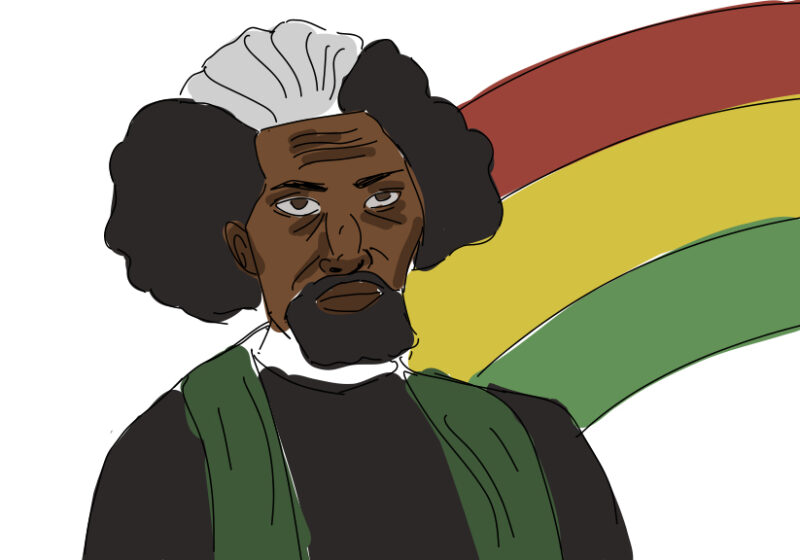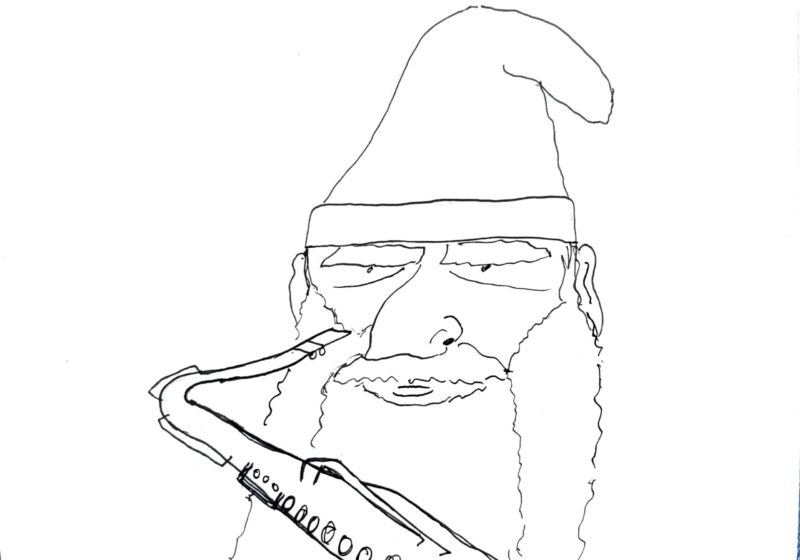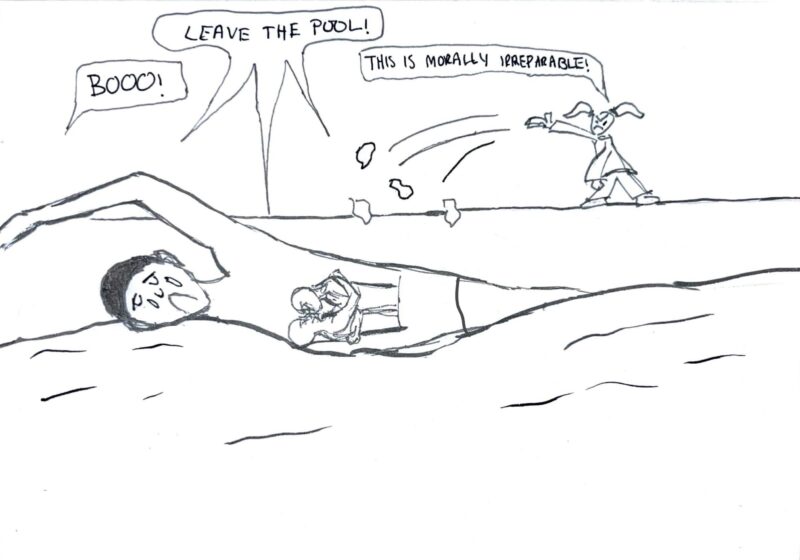Growing up in a traditional Asian household, I have no connection whatsoever to the African continent or its diasporic history. I first came into contact with the continent from the United States Academic Pentathlon, which exposed me to the nuances of West African cultural traditions. Years later, at the Civil Rights Museum, I found myself immersed in Frederick Douglass and Martin Luther King’s speeches. Their resilience and unwavering spirits are of great inspiration. My interest continued to grow as my Kenyan high school history teacher introduced me to the complexities of the early interactions between Africans and Europeans and how the enormous profits from the Atlantic slave trade were one of the significant contributors to the industrial revolution that shaped our world today. At UR, I decided to enroll as a Black Studies student, and the experience has been truly enriching. Delving deeply into the Black experience in America and beyond allowed me to see our society and the world from a new angle.
Every Tuesday and Thursday at 9:40 a.m., I arrive at the Frederick Douglass Commons, immersing myself in the Black Drama course. Reading August Wilson’s “Joe Turner’s Come and Gone” brings us back to the Great Migration period during which many African Americans rediscovered their identities and purpose in the North after decades of displacement. It also reminds us how “each individual’s life is incomplete until they find their true purpose.” Charles Fuller’s “A Soldier’s Play” enables us to visualize the one million African Americans who broke free from segregation and valiantly sacrificed themselves during the Second World War, contributing to the freedom and democracy that many of us take for granted. At 11:05 a.m., I explore global Black speculative fiction. Delving into Sofia Samatar’s “An Account of the Land of Witches,” we follow Arta — a servant in bondage — in her journey in her imaginary world where people are oblivious to pain, warfare, and discrimination. Through Arta’s perspective, we reflect on the meanings and challenges of living in the 21st century while reimagining a better future. At 12:30 p.m., I am prepared for my last course of the day: Policing America. The examination of centuries of the Black experience, from the plantations in Charleston, South Carolina to early 20th century New York City, unveils the complex and often saddening connections among race, class, and criminalization. It also brings people a new understanding of the intricate internal dynamics of the criminal legal system, which are pervasive yet often overlooked in our daily lives.
While the courses are of much enjoyment, challenges exist. As a history student, Black drama and speculative fiction were fairly new concepts, and it took time for me to familiarize myself with theatrical terms and rhetorical devices. Ultimately, the essence of learning wholly unfamiliar material lies in venturing into new possibilities and actively engaging with the class; indeed, growth will naturally ensue. Oftentimes, I receive questions from friends who ask, “How can you relate to these experiences?” The answer they receive is simple: While specific experiences may vary among social groups and individuals, the overarching themes that arise from these experiences —resilience, identity, community — are universal. It is also unsurprising that I used to stumble around questions related to my future with a Black Studies degree. Gradually, I realized that the skills acquired through my studies such as critical thinking, the ability to interpret diverse forms of information — from drama and literature to visual and auditory mediums — and discover their implications, as well as a mindset of curiosity and open-mindedness when encountering new ideas are of most importance. Such adaptability and flexibility are invaluable qualities for individuals to navigate the rapidly evolving landscape of the modern world.
Engaging with Black Studies goes beyond mere acquisition of knowledge; it offers transformative perspectives through which one can see the world in a new light and imparts lifetime skills that can result in profound personal and communal change.




